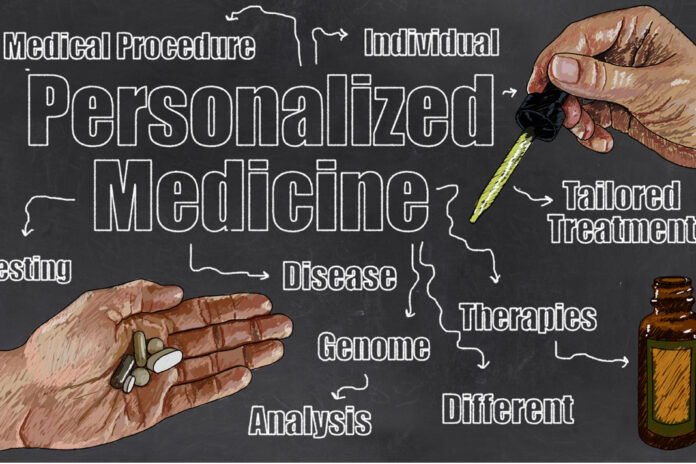
All People Are Different. So, Medicine Should Consider the Difference of Each Person and Disease to Overcome its Limitation.
By David Park, Founder, South Baylo University
Some people sleep like a log, even drinking ten cups of coffee throughout the day. But some others feel palpitation and trouble falling asleep after drinking a cup of coffee. There are ones who always suffer from cold hands and feet and easily feel cold. There are also ones who easily feel the heat and drinking cold beverages during the cold season. There are ones who easily catch a cold and suffer from respiratory allergies or infections. There are ones who have chronic gastritis or indigestion.
Examples of differences between the individual are abundant. I wanted to show how people could be different depending on their constitution or body types.
The Sasang constitutional medicine (사상의학 四象醫學) or Sasang typology is a typological constitution medicine of Traditional Korean medicine. The theory was developed systematized by Lee, Je Ma , in his book Longevity and Life Preservation in Eastern Medicine (東醫壽世保元, 동의수세보원) in 1894. It divides people into four body types based on their biopsychosocial traits. Lee, Je Ma thought differences of each constitution are from different strengths of the lungs, liver, spleen, and kidneys.
Sasang typology classifies all population into four types based on their biopsychosocial traits with a combination of yin/yang and greater/lesser: tae-yang (태양, 太陽) or “greater yang”; so-yang (소양, 小陽) or “lesser yang”; tae-eum (태음, 太陰) or “greater yin”; and so-eum (소음, 小陰) or “lesser yin.”
Each type consists of a classification of pathology, medicine, and hygiene depending on personality, psychological status, and organ functionality.
Lee, Je Ma focused and stressed each type has its typical and distinctive desires and states of mind. If one only follows one’s desire without controlling it, the stronger organ would stronger, and the weaker organs would be weaker. Lee, Je Ma believed that organs’ deviation acts as a pathogen that develops the physical and emotional illness. To live without diseases, he stressed meditation to control and suppress one’s distinctive desires.
There is also Eight-Constitutional Medicine, which started by Dr. Kuon, Dowon (1921~present) in 1965. The medicine understands each innate constitution physiologically and pathologically. Dr. Kuon says, “each unique with its dynamic association between organs, strives to maintain the patient’s best possible condition of health by enhancing the immune system up to its optimal state.” The Eight-Constitutional Medicine developed its acupuncture techniques for each constitutions’ symptoms, and the Eight-Constitutional medicine believes food serves an essential role in maintaining people’s health.
In Korea, researchers have been trying to distinguish between two different constitutional medicines and prove each theory’s principles based on scientific evidence since the 1990s.
There was good news. Because people understand the limitations of conventional medicine and started to adopt the ideas that each person is different, and standardized therapy for specific symptoms cannot benefit all populations.
In conventional medicine, the concept of precision medicine has been emerging. The precision medicine was introduced since the last president Obama announced that he’s launching the Precision Medicine Initiative during the 2015 State of the Union address.
He said, “Until now, most medical treatments have been designed for the average patient. As a result of this one-size-fits-all approach, treatments can be successful for some patients but not for others.” He continued, “To overcome, we need an innovative approach that takes into account individual differences in people’s genes, environments, and lifestyles. It gives medical professionals the resources they need to target the specific treatments of the illness we encounter.”
Advances in Precision Medicine have already led to powerful discoveries and several new treatments tailored to specific characteristics, such as a person’s genetic makeup or the genetic profile of an individual’s tumor. This is helping transform the way we can treat diseases such as cancer: Patients with breast, lung, and colorectal cancers, as well as melanomas and leukemias, for instance, routinely undergo molecular testing as part of patient care, enabling physicians to select treatments that improve chances of survival and reduce exposure to adverse effects.
I would like to add a diagnosis from the constitutional medicine to “precision medicine.” To apply the constitutional medicine to conventional medicine, we should develop subjective methods to distinguish each person’s constitution and diagnosis for conventional medical personals.








































